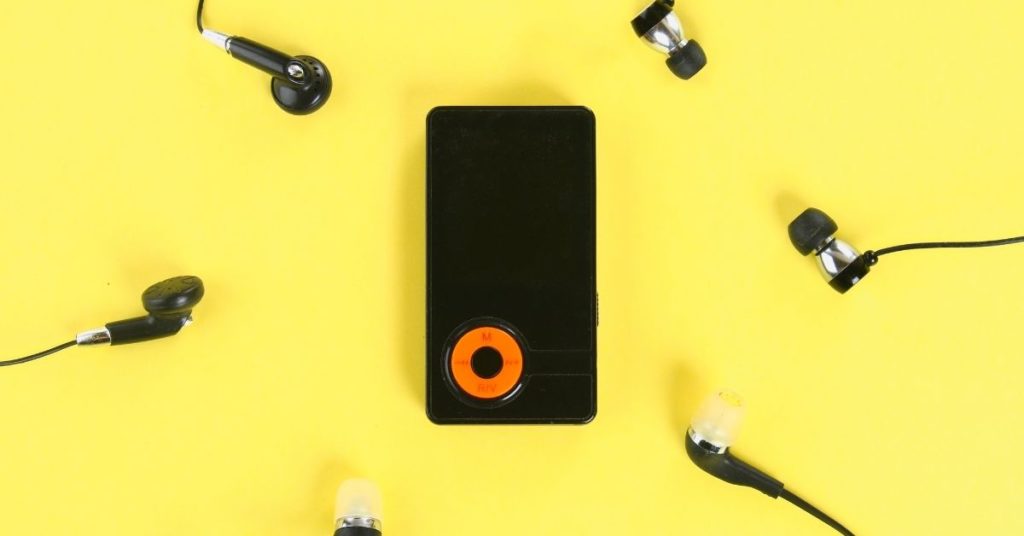
You might think that with tablets and smart phones dropping to extremely low prices that an item such as the MP3 player would become obsolete.
For the most part it has, but as mass market glory fades for MP3 players strong niche markets have emerged.
MP3 players, with their relatively low cost, small size and straight forward usability, continue to appeal to multiple demographics such as gym-goers, hi-fi enthusiasts, and gift buyers.
While the MP3 player may no longer be a high volume mass market product, it remains very relevant in niches, and niche markets usually deliver a higher profit margin for brands than mass markets.
MP3 players are an example being used for the purpose of this article, but the theory applies to mass market consumer electronics devices in general.
The MP3 market has been in steady decline for 3-4 years, however all electronics retailers and most general department stores still carry a couple MP3 players.
Searching Amazon.com reveals almost 8,000 different device listings and ½ million accessories listings. So why, when your smart phone can act as an MP3 player, would it be necessary to also use an MP3 player?
MP3 players have proven themselves more suitable than both smart phones and tablets in many situations. Listening to music on an MP3 player will save the limited battery life of the user’s more important mobile devices.
- You can wear an MP3 player when you jog.
- Surfers can even strap on waterproof models.
- And now some brands are starting to come out with super high audio quality MP3 players to complement the high quality earphones that flood the market today.
These are all niches that MP3 players are more suitable for than a smart phone.
Beyond the general public, MP3 players with preloaded audio or other content are seeing implementation into marketing campaigns and get handed out as free promotional products.
Smaller MP3 brands can survive by focusing on those niches rather than the mass market. So where do mass market products go to die?
They reinvent themselves in higher value niches where they satisfy specific demands.
By Garry from Hatch


